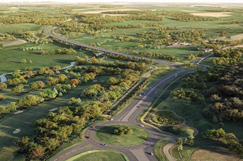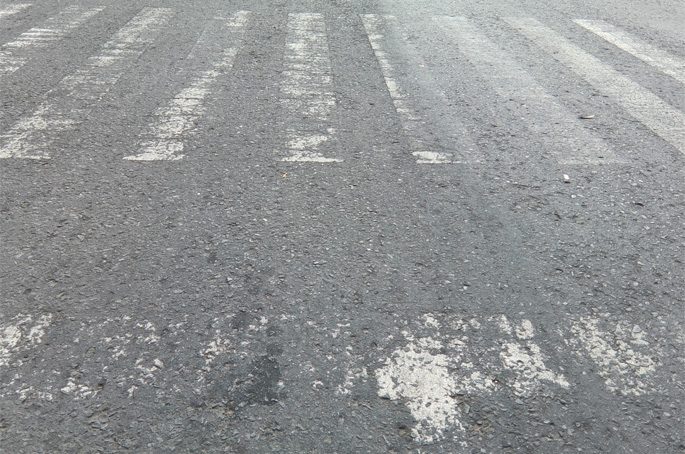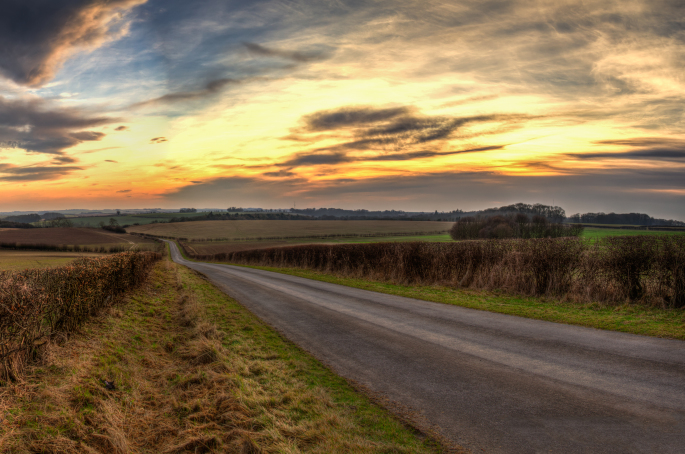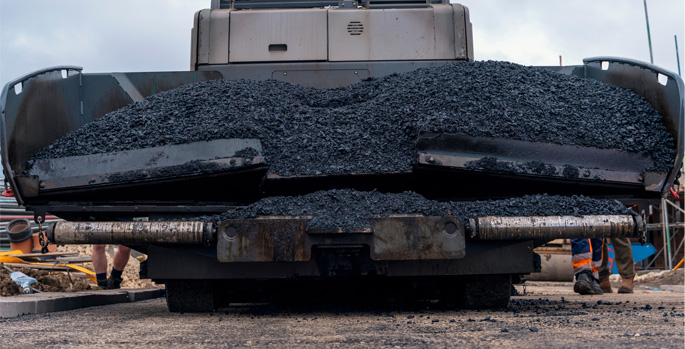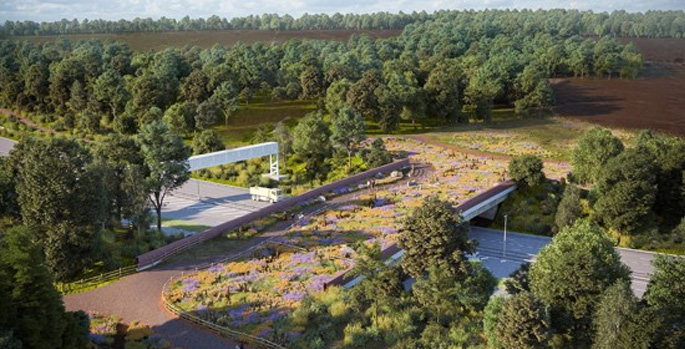Norfolk County Council's leadership is refusing to admit defeat over its £274m road scheme, despite a statement from Natural England that it is likely to block it because of its impact on bats.
The consultation on the planning application for the Norwich Western Link ended this week, having received a response from the Government's statutory adviser on the natural environment, which the Tory-run highway authority said it is ‘in the process of reviewing'.
Graham Plant, cabinet member for transport, said: ‘While we have managed to resolve some of the points Natural England raised in March, others remain unresolved, which is disappointing given the scale of mitigation measures included in our proposals.'
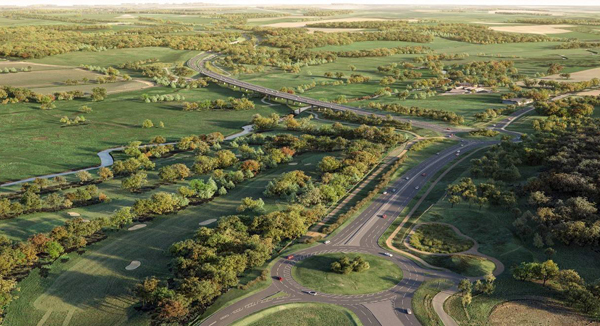
In fact, Natural England stated not only that it objects to the proposal as it will have a significant adverse effect on the nationally important population of barbastelle bats but that ‘it is therefore unlikely that a European Protected Species mitigation licence would be granted'.
It explained: ‘It is highly unlikely that an adequate level of mitigation or compensation measures can be implemented successfully, as the predicted impacts are so significant in the short, medium and longer term.'
Natural England also said the road could have potentially significant effects on a number of Special Areas of Conservation and Sites of Special Scientific Interest.
Steve Morphew, leader of the Labour group on the council, said: ‘Natural England have made it very clear that this road is too environmentally damaging and costly in every sense. This should be the final nail in the coffin.'
In March council leader Kay Mason Billig launched a bitter attack on the environment watchdog after it published guidance that barbastelle bats do not have favourable conservation status – meaning that they are not seen to be thriving and should not be disturbed.
She accused the ‘unelected quango' of ‘moving the goal posts to such an extent that they will make it almost impossible for us to be granted a licence' for the road.
She added: ‘Our officers have checked and double-checked the guidance and we have taken legal advice on our position. The truth is that without that licence, we cannot build the road.'

